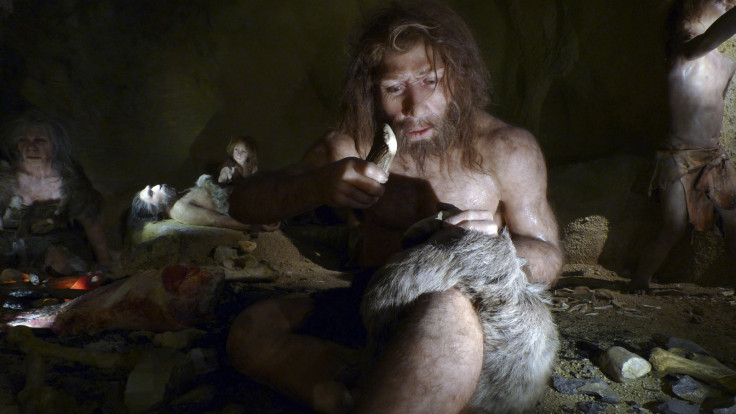Human Evolution 'Rewritten': Tool Use More Important than Social Skills

The evolution of humans and apes could be "rewritten" following a discovery that shows how a key part of the brain developed.
Published in the Cell Press journal Current Biology, scientists say they have identified part of the brain that expanded unexpectedly quickly, and that this had a direct effect on human cognitive evolution.
It is commonly thought that the neocortex - part of the brain involved in social intelligence - is the "crowning achievement" in human mental prowess.
However, researchers have now found that the cerebellum, involved in motor control, expanded six times faster than expected, suggesting technical intelligence was just as important, if not more, as social intelligence to our development.
Chris Venditti, from the University of Reading, said recent evidence has suggested the cerebellum has a wider range of functions than just movement control.
Robert Barton, from Durham University, explained: "In humans, the cerebellum contains about 70 billion neurons— four times more than in the neocortex. Nobody really knows what all these neurons are for, but they must be doing something important."
Researchers had focused on the neocortex because it is a very large structure and appeared to show the most expansion. However, the size increase could be explained by the size of the animal, the team said.
The team compared the expansion of the neocortex and the cerebellum while accounting for size differences to look at the developmental changes. They found that nonhuman apes and humans had a rapid evolutionary expansion of the cerebellum compared to other primates, which had a tight correlation in size between the cerebellum and neocortex.
The scientists believe this shows the cerebellum is involved in the organisation of complex behavioural systems.
"The findings provide a new frontier for investigations into the neural basis of advanced cognitive abilities," the researchers said.
Barton added: "Our results highlight a previously unappreciated role of the cerebellum in ape and human brain evolution that has the potential to refocus researchers' thinking about how and why the brains in these species have become distinct and to shift attention away from an almost exclusive focus on the neocortex as the seat of our humanity."
© Copyright IBTimes 2024. All rights reserved.









